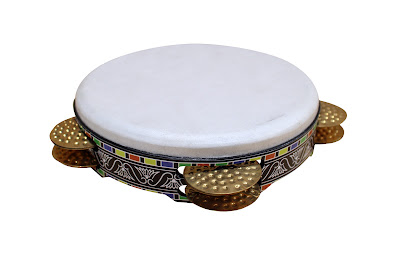If you are thinking of visiting this stunning country, I assure you, you will be amazed of how nice and friendly the Afro/Arabian people of Sudan are. *cough cough*
In the middle ages, Arabs named the area that is present day Sudan, "Bilad Al-Sudan" which literally translates to "Land of The Blacks". The north is primarily Arab Muslims, whereas the south is largely black African and not Muslim. There is strong animosity between the two groups and each has its own culture and traditions. On July 9'th 2011 South Sudan became an independent state.
 |
| South Sudanese Woman |
 |
| North Sudanese Woman |
Sudan is the largest country in Africa and the ninth largest in the world, covering one million square kilometers. It is also where the Blue Nile and White Nile meet and become The Nile River which is known to be the longest river in the world. The Capital Khartoum, lies at the meeting point of the White and Blue Niles.
Sudanese kingdoms have depended on the river since ancient times.
 |
| The Niles meeting |
Here comes my favorite part of the post and yours too I suspect, the FOOD and MUSIC!
Sudan has a rich unique musical culture. Traditional music has always been huge in Sudan and of course because of the diversity of the people the folk music is diverse too.
Southern Sudanese Folk Music.
South Sudan has rich folk music that reflects the diverse cultures of the region. For example; the folk music of the Dinka people include Poetry, while the Azande are known beside many other traditions and beliefs for story telling that feature a good wizard figure prominently.
 |
| Dinka men preforming traditional dance |
Haqibah.
Modern Northern Sudanese music has its roots in Haqibah (Hagee-ba). It originated in the early 1920s and was originially derived from the Muslim musical style known as Madeeh. Haqibah is essentially a harmonic a cappella with vocal style with percussion coming from the tambourine like called the Riq and other instruments. Occasionally tonal instruments like the Qanun and Piano are used.
 |
| Riq |
Northern Sudanese Lyrical Music.
Northern Sudan has a tradition of lyrical music that utilizes oblique metaphors and has historically been used as part of the Sudanese independence movement and in other political movements. The Tambour was originally used as accompaniment but this was used less when the Oud was imported from Arabia.
 |
| Tambour |
Popular Music.
Northen Sudanese popular music evolved into what is generally referred to as "Post-Haqibah", a style dominating in the 1940s, 1950s and 1960s. This period was marked by the introduction of tonal instruments from both East and West, such as the Violin, Accordion, Oud and Bongo. A big band style came into existence, mirroring trends in the West.
 |
| Oud |
Sudanese cuisine *Sparkling eyes*
The main staple of the Sudanese is a special type of bread called Kissra, which is made of durra or corn, Kissra is taken together with a stew and this has become the main dish in central and Sudan in General.
The main components of which these stews are made are dried meat, dried onions, spices and peanut butter, other substances could be added like milk and yogurt, These are used in preparing two well known stews; Ni'aimiya and dried Ocra is used in preparing other stews like Waika, Bussaara and Sabaroag.
Porridge (Asseeda) is also very popular, which is made with wheat flour or corn it is also eaten with stews.
 |
| Asseeda with two different stews |
In Ramadan (The muslim fasting month) one the favorite drinks is the Hilumur, which is made from corn flour and spices. Also these are Aabrai Abyad and Nashaa which are made of corn flour also.
 |
| Ramadan Beverages |
Have I mentioned that Sudanese people are very hospitable, meals are eaten around a large, communal tray on which various meat, vegetable, salad and sauces dishes are placed.
Sudanese people don't care who you are, where you came from, how you got there, if they're having food, you're having food with them too!
Over all, Sudan is a great country to visit with even greater people to meet, with all the diversity, It's like going to different countries! do consider it, I promise you wont regret!



No comments:
Post a Comment